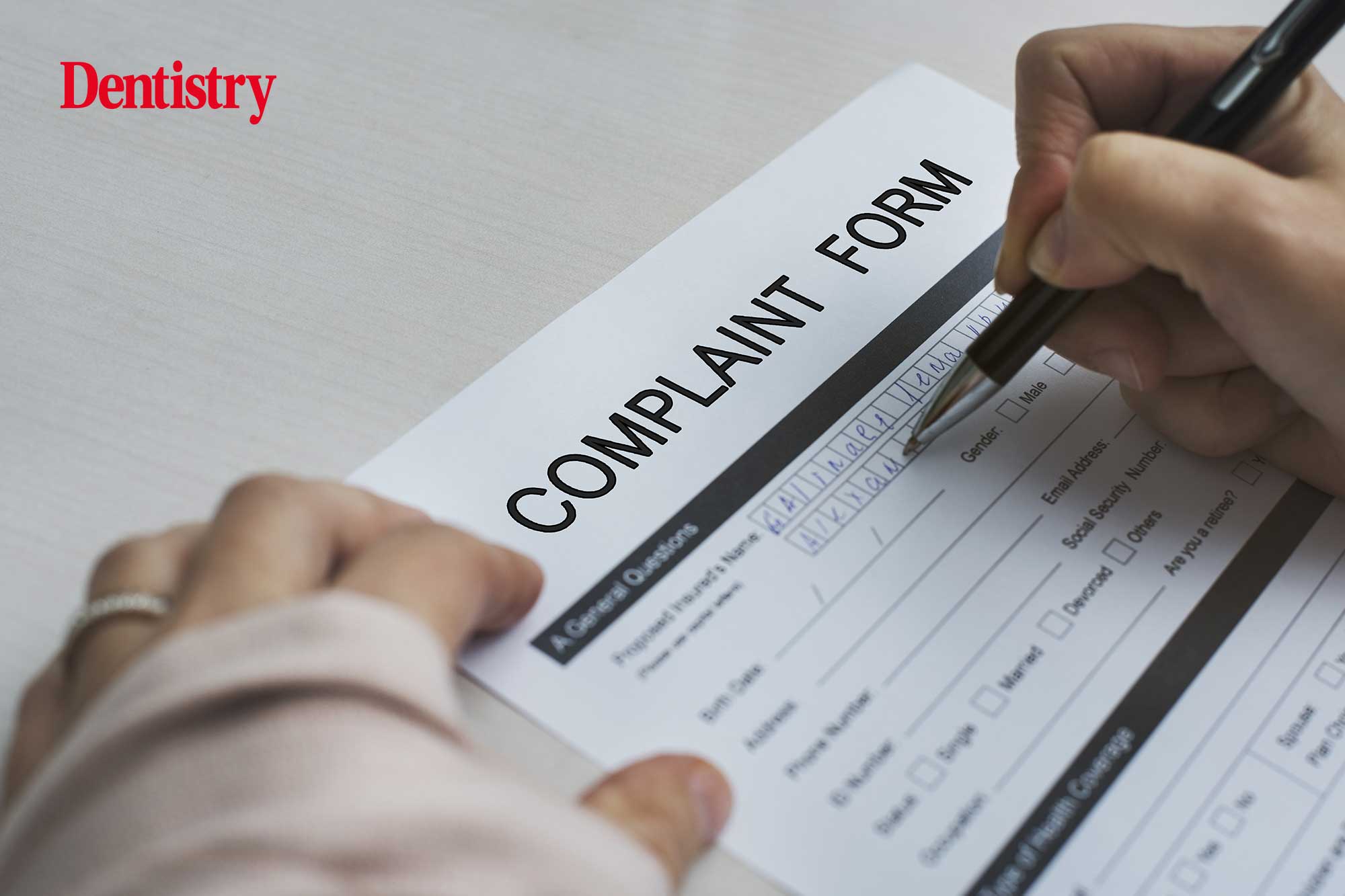
Leo Briggs, deputy head at the Dental Defence Union (DDU), and Vicky Kitney, lead business partner at Peninsula Business Services, explain how to effectively resolve a workplace grievance.
Grievances can have a significant impact on a dental practice and as such, practice owners should look to deal with them in a timely and efficient manner, in order to avoid escalation and making the matter worse.
Grievances in the workplace
Difficulties that are allowed to fester and are not managed properly can lead to a detrimental impact on performance, absenteeism, and cost to the organisation. In fact, the Advisory, Conciliation and Arbitration Service (ACAS) estimates that almost 10 million people a year experience workplace conflict, costing UK businesses £28.5 billion per year, with grievances alone costing £0.36 billion per year.
In 2021/22 30% of employers reported an increase in grievances. The most common reasons were:
- Bullying or harassment (67%)
- Relationships with managers (54%)
- Relationships with colleagues (49%).
Grievances in dentistry
There has been a decrease, from 10% in 2020 to 7% in 2022, in the number of new GDC cases where the informant was another registrant.
However, despite this, many personal grievances are not reported to the GDC and at the DDU we are seeing an increase in the number of claims and GDC cases that appear to have arisen because of personal disagreements that have escalated between dental professionals.
This could be for a number of reasons. Firstly, as more dentists reduce their NHS commitment, taking on more private practice work or even retire early, the pressure felt by those remaining is reaching a point that is very pressured.
At the same time, recruitment and retention of practice staff is more difficult than ever. That, along with the cost of living crisis, means it is of little surprise that organisations have reported an increase in grievances.
Increased grievances could be because employees have been emboldened by recruitment difficulties, giving them the confidence to raise an issue knowing that should it not work out in their favour, they can move on to another job.
In turn, as employee retention within the dental industry struggles, those remaining feel pressured by additional work, leading to stress and burnout, making them more prone to raise issues. Alternatively, it could be because many are feeling the pinch of price rises and are more willing to push for changes.
So, what can dental employers do to deal with these grievances effectively, and before they get out of control?
Effective policies and procedures are key
Firstly, it is vital to have the necessary processes in place and a grievance policy is essential. This acts as a primary point of reference for anyone in the team who has a complaint or concern, and directs them on what they need to do, and what they can expect to happen once they have initiated their grievance.
This policy as a minimum, should be based on the ACAS code of practice on disciplinary and grievance procedures, which sets out the basic processes and principles that organisations, including dental practices, should follow when handling employee concerns.
In the first instance, a grievance policy should encourage the situation to be dealt with, and hopefully resolved, in an informal manner. This is the best approach for minor grievances, as the instigation of a formal grievance procedure is a form of escalation that might result in unnecessarily inflating the grievance.
This process involves the relevant line manager, or if the complaint is about them, another manager or HR representative, talking to the individual with the concern, establishing if they are agreeable to the matter being dealt with informally, and what they want to achieve, and doing some preliminary investigations into the matter.
Quickly and efficiently
Hopefully, the manager will be able to provide a satisfactory response informally to the aggrieved employee and the matter can be dealt with quickly and efficiently.
Not all issues however can be dealt with informally. Some are too significant, such as in the case of bullying or harassment (for which many organisations have a separate and specific policy), where a senior employee is involved, or if the employee has become particularly upset by the issue.
If that is the case, a formal procedure is needed, and it is advisable this is arranged without delay. Case law has shown us that the longer a grievance is delayed, the more upset by it an employee can become.
If the organisation delays dealing with a matter, and the original reason for the grievance continues, the impact can be so great on the employee that they resign and claim constructive unfair dismissal (if they have over two years’ service) or potentially bring some other claim, such as discrimination.
Managerial skills play an important role
Key to this process working, whether formal or informal, are the skills of the manager in charge of dealing with the issue. There is a great deal of skill required when resolving a grievance in a professional manner.
It is important to try and deescalate hurt feelings and the various other ways a grievance can impact on an individual. This may mean formal training for the manager prior to dealing with any grievances, providing them with a mentor in the form of a more experienced manager, or allocating a HR practitioner to support them through the process.
Once again, a detailed policy will be invaluable by giving the manager a clear guide of the steps to follow and act to ensure consistency across the organisation.
To conclude, it is important for all parties to keep communication channels open when disagreements emerge so that issues can be resolved proportionately and professionally.
For more information or advice DDU members can contact our dento-legal advisers on 0800 374 626.


